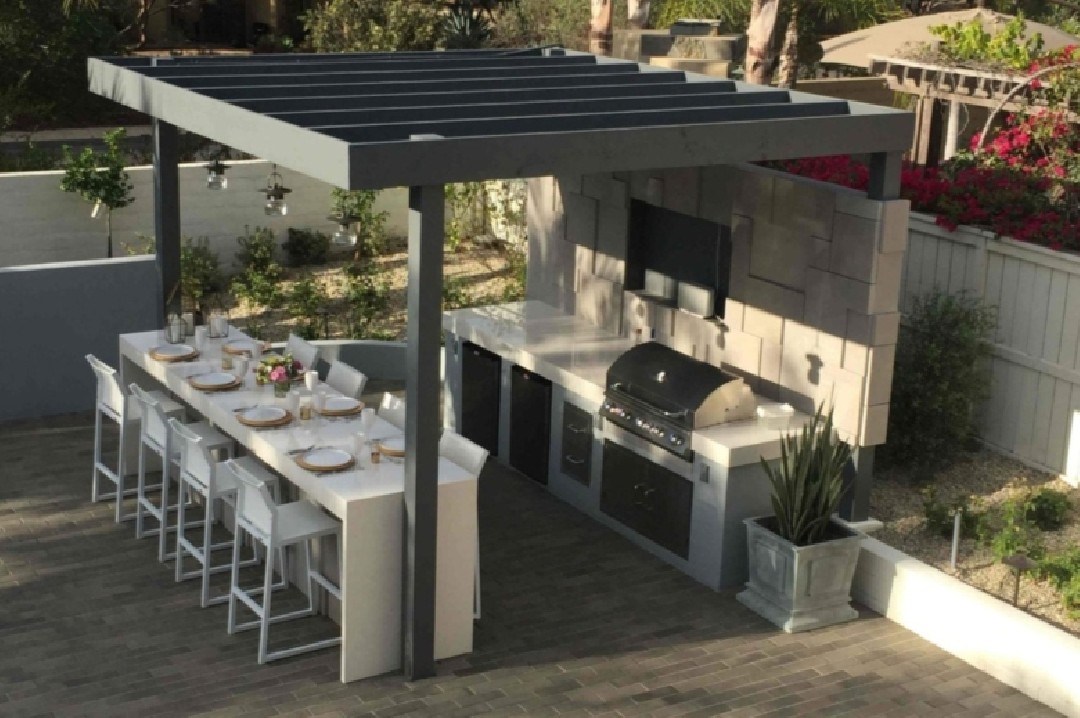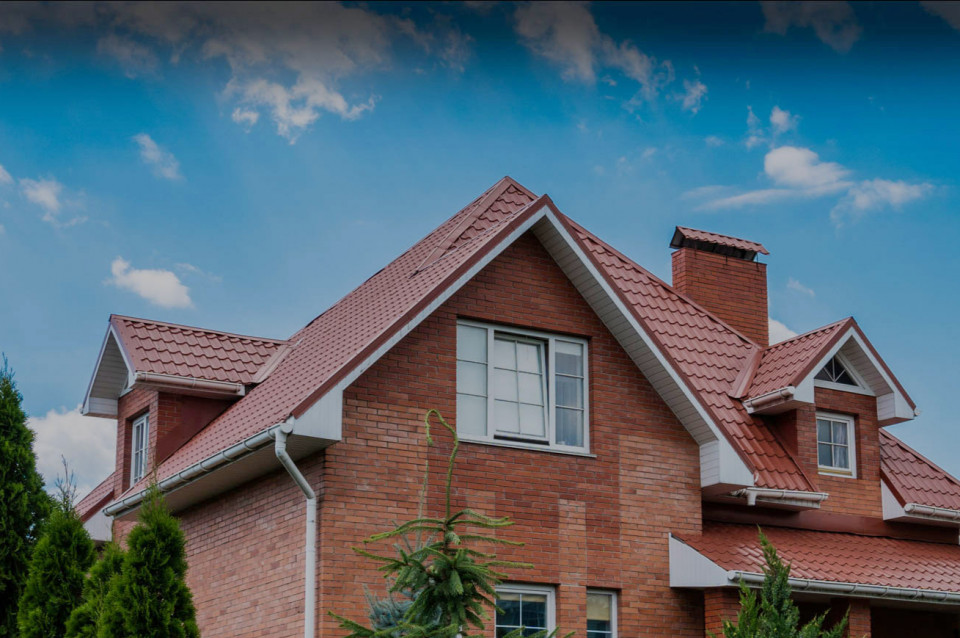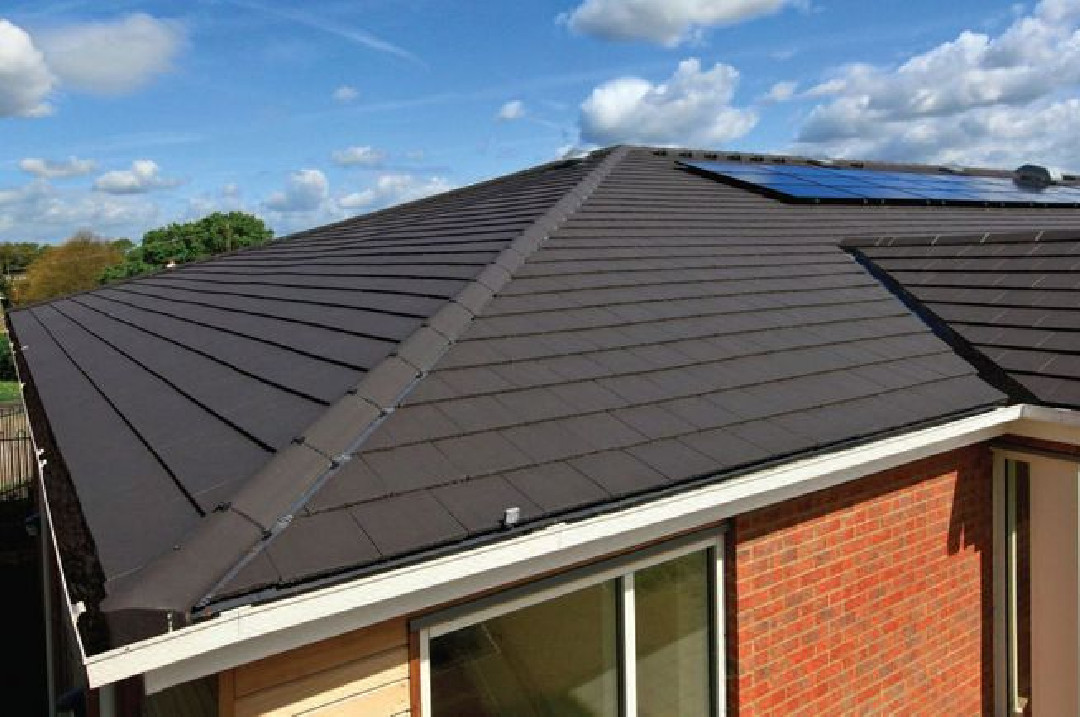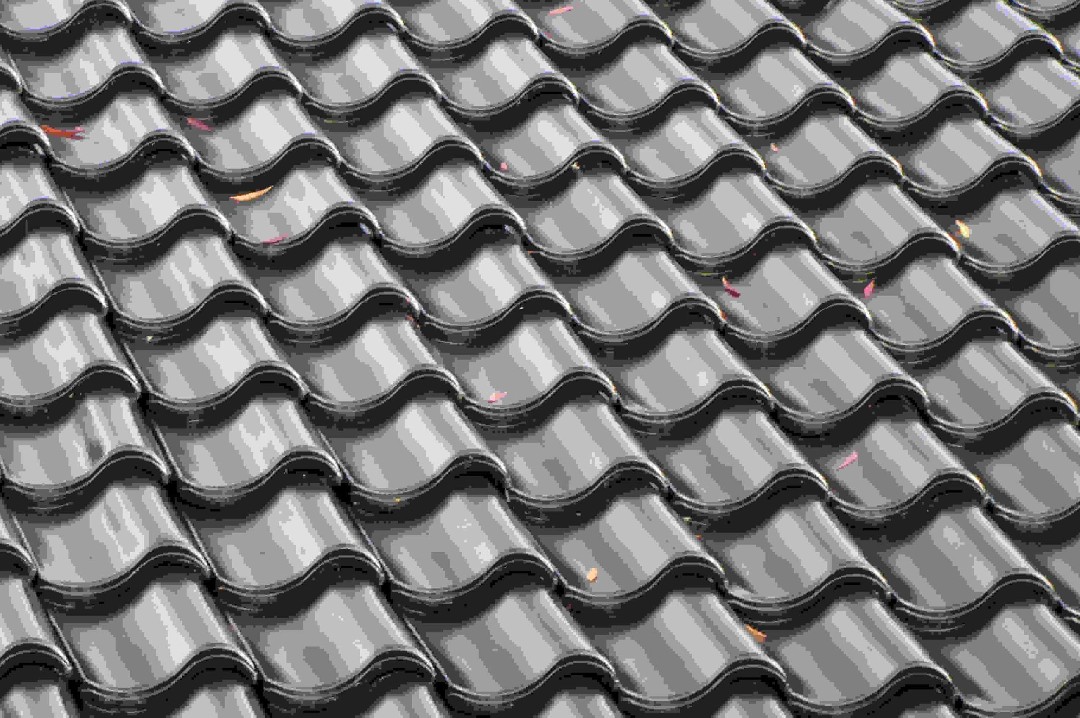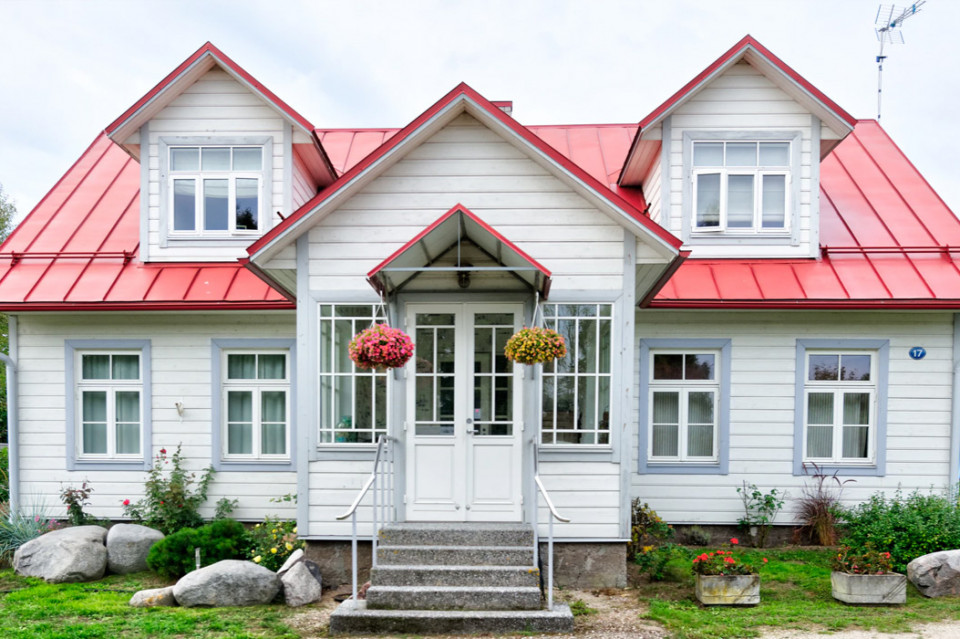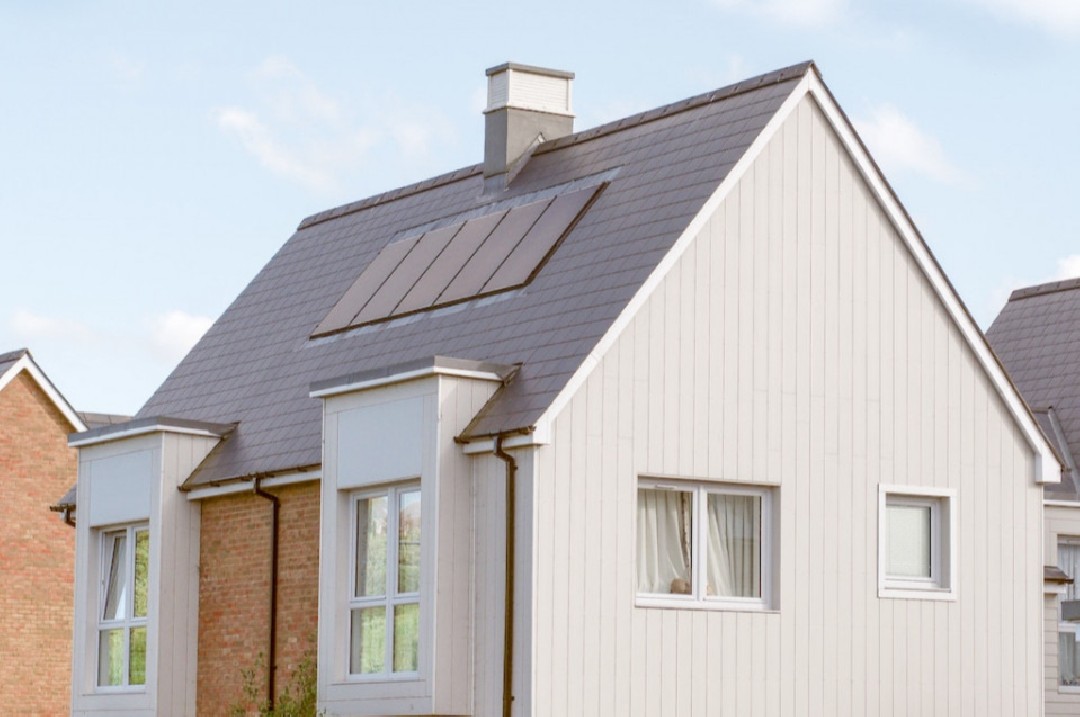Compelling Reasons to Invest in a Green Roof for Your Home
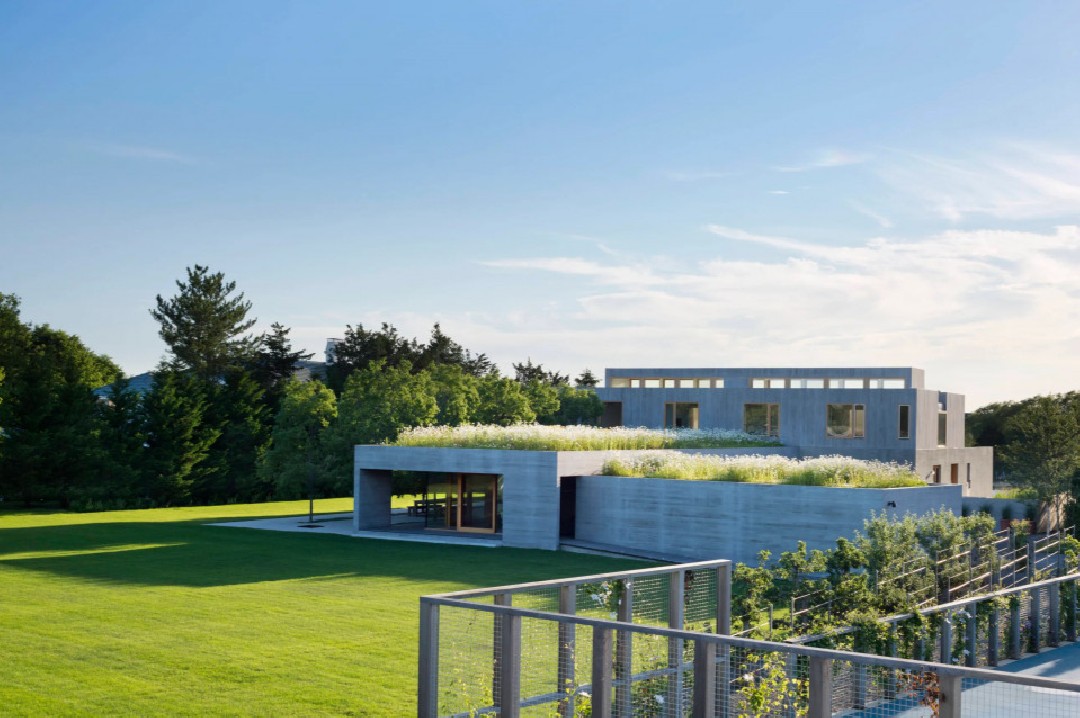
photo source : architecturaldigest.com
Green roofs, also known as vegetative or living roofs are roofs typically completely or partially covered with vegetation thriving on a growing medium. You can install a green roof on all kinds of buildings, including commercial, residential, and industrial. Green roofs offer a multitude of benefits encompassing environmental, economic, and social aspects. Some advantages of a green roof:
Economic Benefits
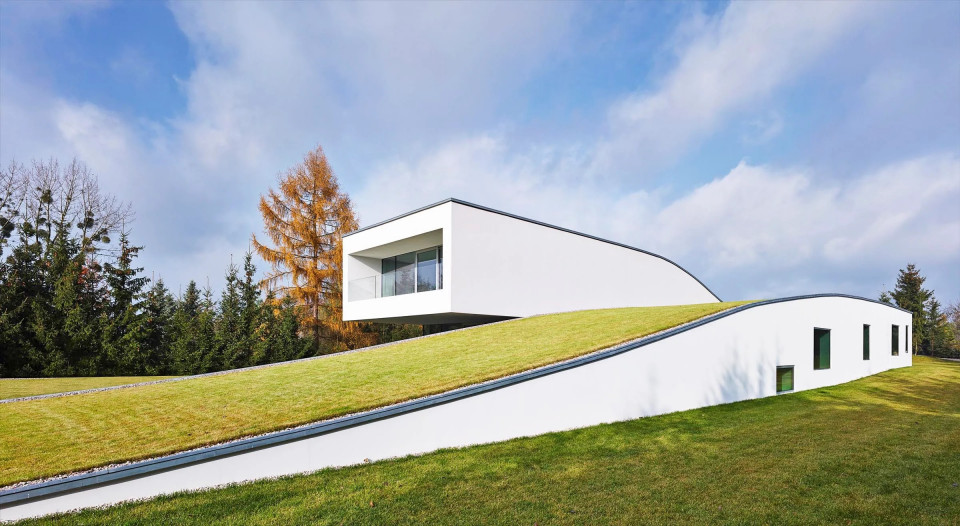
photo source : architecturaldigest.com
Energy Efficiency: Green roofs act as natural insulation, reducing heat transfer through the roof. It helps regulate indoor temperatures and reduces the need for excessive heating or cooling. Consequently, energy consumption for climate control decreases, resulting in lower energy bills and cost savings over time.
Extended Roof Lifespan: The layer of vegetation and growing medium protects the underlying roof membrane from harsh sunshine, UV radiation, insulating it from temperature fluctuations, and other weathering factors. It helps to make the roof more durable, reduces the need for frequent repairs or replacements and saves money on maintenance.
Improved Property Value: Green roofs enhance the market appeal and value of properties. Green roofs can differentiate a property from others, attracting potential buyers or tenants who appreciate the added benefits and aesthetic value of a green roof, observes a roofing engineer at Southern Roofing Systems of Mobile. Follow the map:
Noise Reduction: The layers of soil, vegetation, and air trapped within the system help absorb and block noise, reducing the impact of external noise sources. It contributes to a quieter and more peaceful indoor environment.
Environmental Benefits
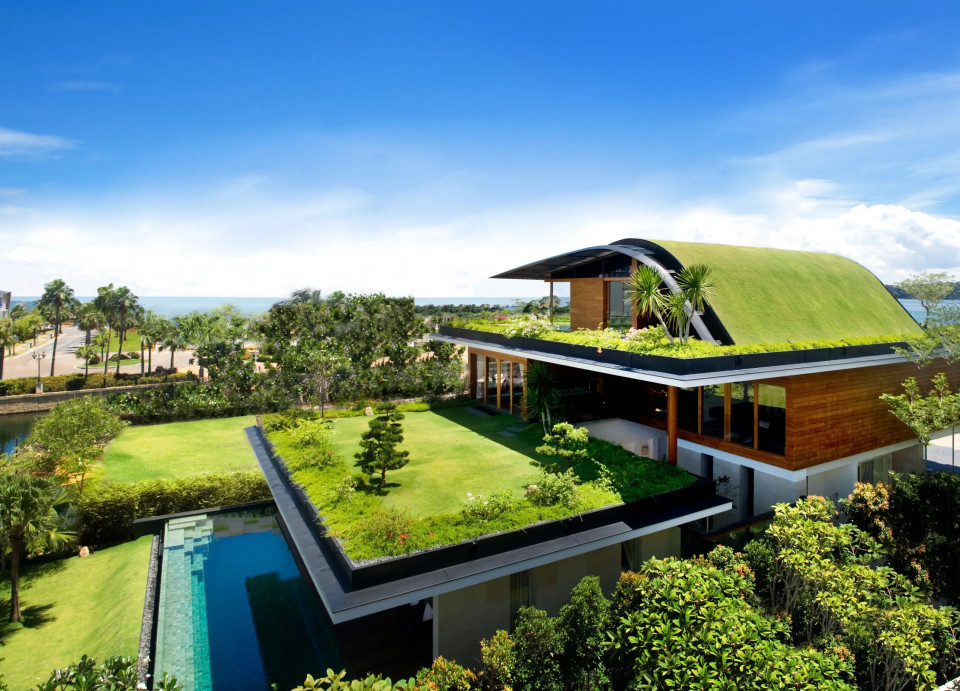
photo source : architecturaldigest.com
Storm water Management: Green roofs absorb rainwater, reducing storm water runoff and the strain on urban drainage systems. The vegetation and growing medium retain water and gradually release it through evaporation and transpiration. It mitigates the risk of flooding, minimizes the load on sewer systems, and helps improve water quality by filtering pollutants.
Air Quality Improvement: Green roofs capture dust, pollutants, and airborne particulate matter and act as natural air filters. With the greenery and growing medium absorbing the pollutants, they improve air quality and reduce the negative health impacts of air pollution. The greenery also produces oxygen and releases it into the atmosphere.
Urban Heat Island Mitigation: Urban areas often experience higher temperatures due to the concentration of buildings, concrete, and asphalt. According to Forbes, green roofs help lessen the urban heat island effect by absorbing solar radiation. The cooling effect reduces ambient temperatures, enhances local microclimates, and cuts the energy consumption associated with air conditioning.
Carbon Sequestration: The vegetation in green roofs absorbs carbon dioxide from the atmosphere and stores it in their biomass. It reduces the amount of CO2 in the atmosphere, a greenhouse gas that contributes to global warming.
Biodiversity Promotion: Green roofs create habitats for various plant species, insects, birds, and other wildlife. They support native plants and attract pollinators, vital for ecological balance and the health of ecosystems and contribute to urban biodiversity.
Social Benefits
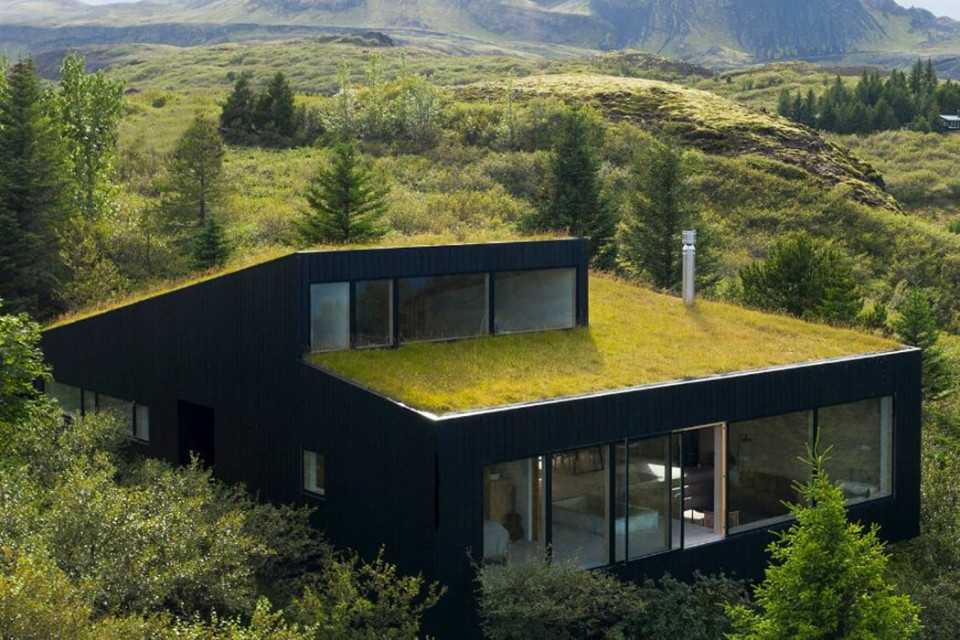
photo source : yankodesign.com
Aesthetics and Improved Well-being: Green roofs create visually appealing spaces, bringing nature closer to urban dwellers. They provide a green oasis amidst concrete jungles, offering a soothing and relaxing environment that can enhance mental well-being and reduce stress.
Conclusion
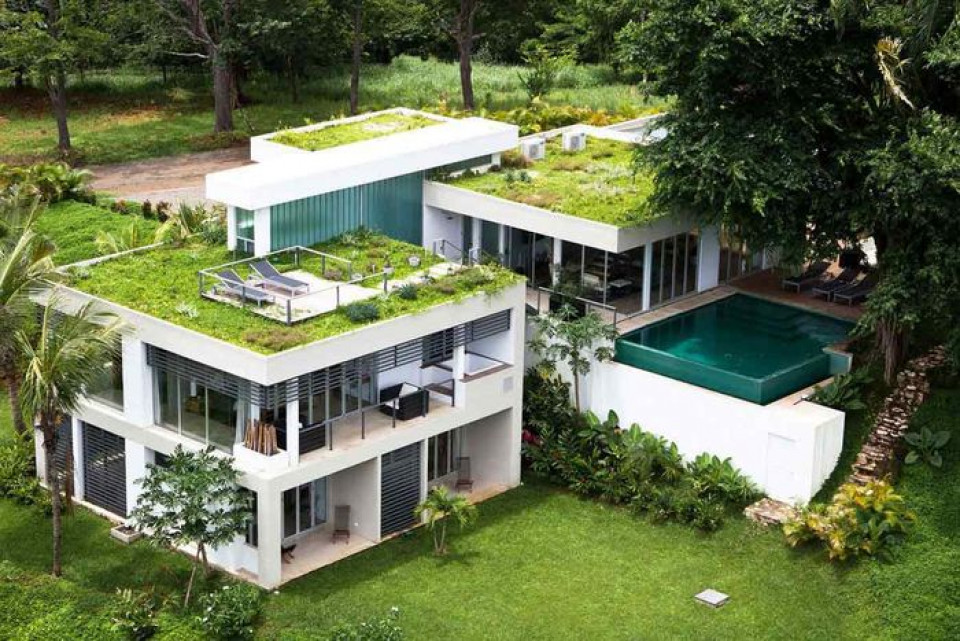
photo source : architecturaldigest.com
Green roofs offer a multitude of benefits, including improved storm water management, enhanced energy efficiency, mitigation of the urban heat island effect, improved air quality, biodiversity promotion, noise reduction, and extended roof lifespan. Embracing green roofs can contribute to more sustainable and resilient urban environments.

